Climate Change Reporting : So That Their Voices, Perspectives Resonate – Loudly, Clearly
- Par Kimeng Hilton
- 26 Oct 2024 13:55
- 0 Likes
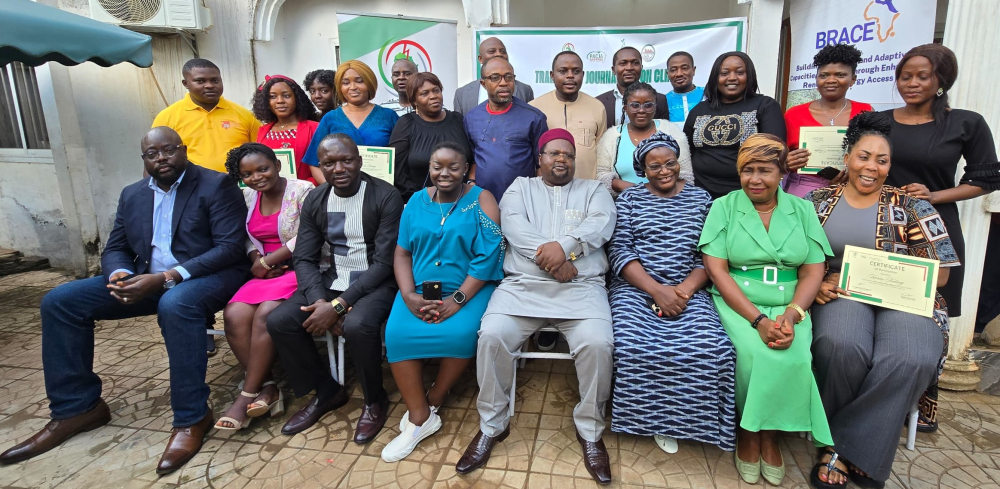
The African Coalition for African Coalition for Sustainable Energy and Access, ACSEA, concluded a two-day workshop for journalists in Yaounde on October 25, 2024.
In Cameroon, where the impacts of climate change are increasingly evident, there is a pressing need to cultivate a cadre of skilled journalists who can convey the complexities of climate change adaptation and the urgency of addressing loss and damage. Despite the growing importance of climate resilience, there remains a significant gap in the media landscape in terms of in-depth, informed and engaging climate change coverage.
Amplifying Their Voices
Thus the need to equip journalists with the knowledge and skills to produce high-quality reporting that can inform policy decisions, inspire community action, and amplify the voices of those most affected by climate change. And foster a well-informed public discourse on climate change as well as develop effective adaptation and mitigation strategies in Cameroon.
Demystifying Climate Change
“We have set out to demystify climate change and climate justice and we believe this should be understood by everyone. Especially those in the frontline of the fight against climate impact. We deemed it necessary to have journalists and communicators trained to report as informed people to help the public understand the concept of climate change and climate justice,” explained Dr Augustine B. Njamnshi, Executive Director of the African Coalition for Sustainable Energy and Access, ACSEA.
The Trainers
Dr Augustine Njamnshi spoke in Yaounde, Cameroon on October 25, 2024 at the end of a two-day workshop on climate change reporting. Trainers at the workshop were Eugene Nforngwa, ACSEA’s Programmes Manager, Prof. Isaac Njilah, a disaster risk expert with the University of Yaounde I, and Dr Kiming Ignatius of the National Observatory on Climate Change.
Changing The Narrative Paradigm
“Climate change, climate change reporting and climate change debates have been Northern-centric – they are presented from the perspective of developed countries. With the stories of frontline communities in developing countries bearing the most brunt of climate change impacts never told. And when they are told, the angle is that of the victim-oppressor,” Dr Njamnshi noted.
Insisting On Their Rights
According to him, Africa is fighting back the effects of climate change despite the fact that those most responsible for it are not doing much in finding solutions. “Africa tends to be seen as someone suffering the consequences of climate change who needs help. Rather, it is the story of a people fighting the effects of climate change by demanding to be supported in taking action. This is a right, not a privilege. This is the narrative we want to be discussed and we cannot do this without journalists,” ACSEA’s Executive Director noted, explaining the objective of the workshop.
Collaboration Between Stakeholders
“Now that the training has ended, the way forward is regular collaboration between journalists, climate advocates, scientists and other stakeholders. We will continue to take the African narrative to the international space. It is more important to report climate change as lived by our communities,” Dr Augustine B. Njamnshi emphasised.
Putting It On Policy Agenda
According to Eugene Nforngwa, climate change adaptation has in the past years become a central theme in discussions concerning Africa. Because the impacts of climate change are increasing on the continent. “To keep the issue on the policy agenda, we felt it was important for journalists to also become key players in highlighting climate adaptation. Unfortunately, journalists are not familiar with some of these issues; thus the holding of the training,” Nforngwa said.
Missing African Perspective
“Also, there are many underlying currents in the climate change debate which are sometimes shaped by the perspectives of different interests; with the African narrative often missing. Journalists therefore needed to be brought to a point where they cannot only elevate African narratives, but also participate in changing the narrative around climate change and climate adaptation issues to favour Africans,” Nforngwa added. He cited highlighting funding for climate change adaptation - as opposed to funding for mitigation - which has been the main focus of climate finance until now.
The Burden Of Climate Change
Cameroon, like most African countries, is among the most vulnerable to the impacts of climate change. Because communities are already poor and climate change impacts are making them poorer. For example, communities that lack water resources now find themselves with even less. This in part accounts for the growing number of farmer-grazier conflicts over limited pasture and land. Moreover, there are new health challenges because climate change has created conditions for the redistribution of certain diseases and new disease outbreaks, Eugene pointed out. As a result, climate change is putting a huge economic and social burden on Africans. A situation that needs to be addressed urgently – with adequate resources - to assure true impact.
Africa Contributes The Least
“We cannot ask Africa to do as much mitigation as the rest of the world because the continent contributes very little to greenhouse gas emissions. Of all the greenhouse gas emissions responsible for climate change, Africa contributes only about 4 per cent. Not only is it unreasonable to ask that there be serious action on a small part of the problem, but it i...
Cet article complet est réservé aux abonnés
Déjà abonné ? Identifiez-vous >
Accédez en illimité à Cameroon Tribune Digital à partir de 26250 FCFA
Je M'abonne1 minute suffit pour vous abonner à Cameroon Tribune Digital !
- Votre numéro spécial cameroon-tribune en version numérique
- Des encarts
- Des appels d'offres exclusives
- D'avant-première (accès 24h avant la publication)
- Des éditions consultables sur tous supports (smartphone, tablettes, PC)






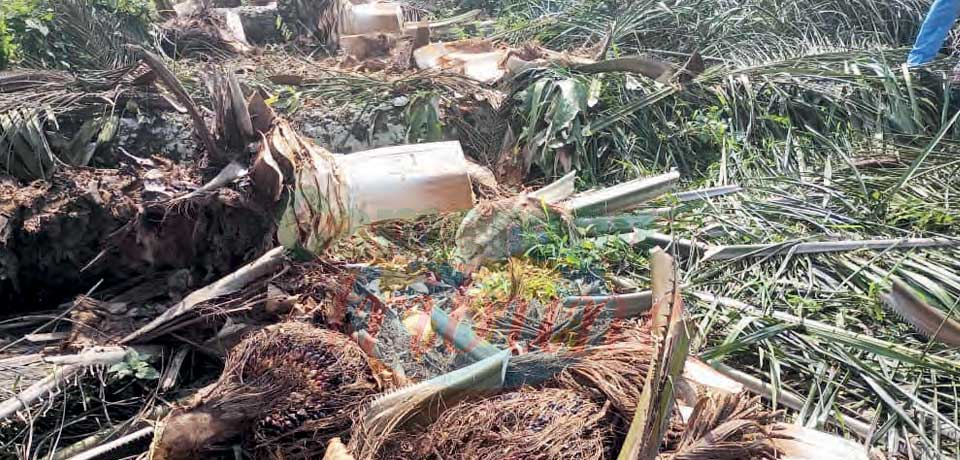
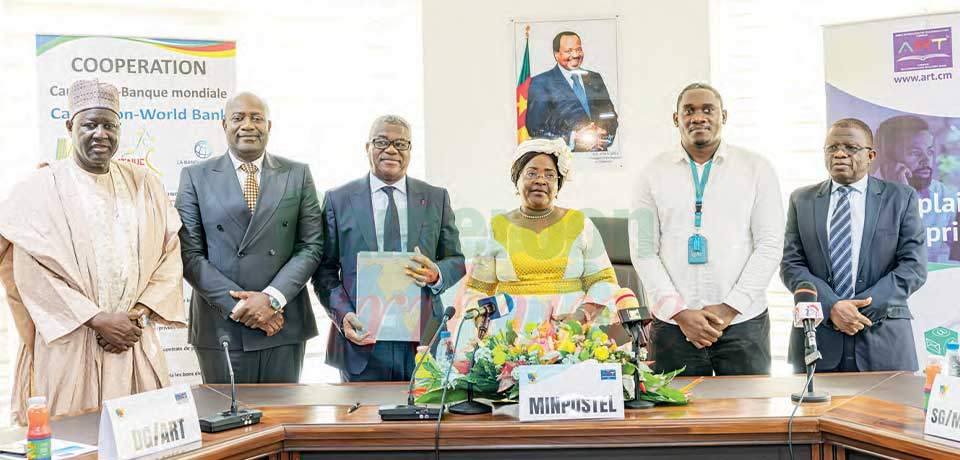
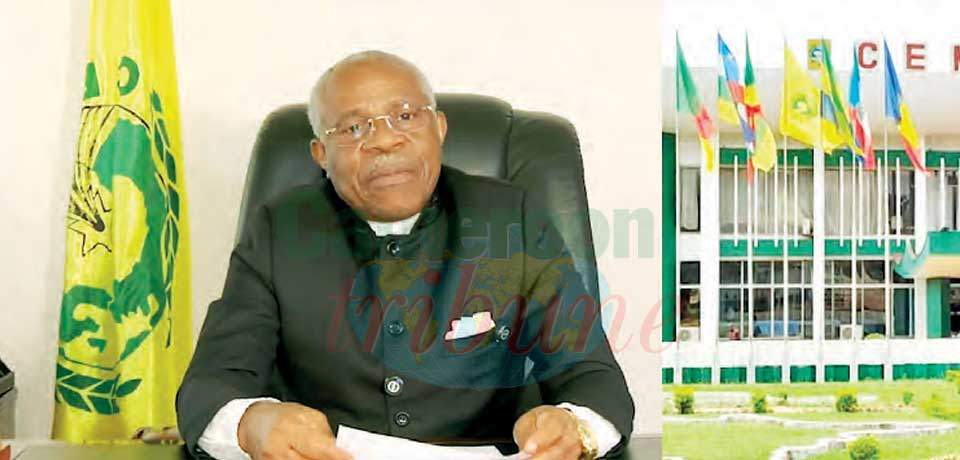
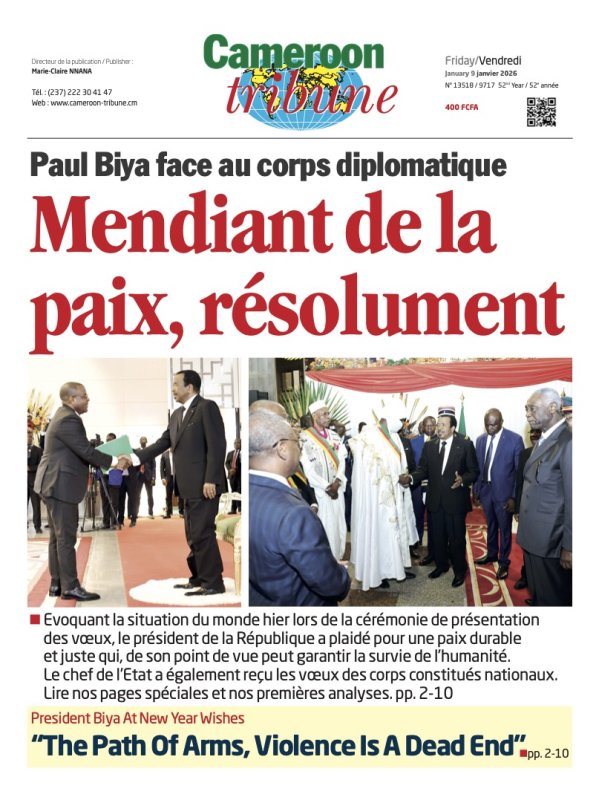




Commentaires